The Science of Makeup: Understanding Ingredients and Formulations | |
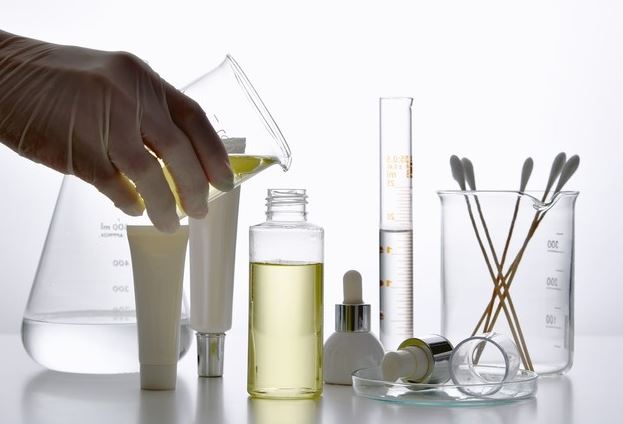
| |
Makeup has become an integral part of our daily lives, with people using various products to enhance their beauty and express their individuality. The cosmetic industry has witnessed remarkable growth, offering a plethora of makeup products to cater to diverse needs and preferences. Behind the glamour and artistry lies a world of science that involves understanding the ingredients and formulations that constitute these beauty products. In this article, we will delve into the fascinating realm of makeup science, exploring the essential elements that create the perfect cosmetic concoctions. The Basics of MakeupMakeup, in its simplest form, refers to products applied to the face and body to alter or enhance one's appearance. Its history dates back thousands of years, where ancient civilizations used natural elements like crushed minerals, plant extracts, and even insects to create pigments for beautification purposes. Understanding Makeup IngredientsModern makeup formulations blend the wisdom of ancient practices with cutting-edge scientific advancements. Makeup ingredients can be broadly categorized as natural or synthetic. Natural ingredients often come from botanical sources and offer nourishing benefits, while synthetic ingredients are created in laboratories to provide specific properties. Some common makeup ingredients include:
The Role of FormulationsMakeup products come in various formulations, each designed to deliver specific results. Liquid foundations offer seamless coverage, whereas powders cater to those who prefer a matte finish. Cream-based formulations work wonders for dry skin, while gels are ideal for creating long-lasting eye makeup looks. The science of formulations involves finding the right balance of ingredients to achieve the desired texture, pigmentation, and longevity of the product. Decoding Makeup LabelsWhen shopping for makeup products, it's essential to understand the information provided on the labels. Key components to look for include the list of ingredients and symbols that indicate cruelty-free, vegan, or organic status. Being informed about makeup labels allows consumers to make conscious choices aligned with their values. Makeup for Different Skin TypesNot all makeup products suit every skin type. Oily skin may benefit from oil-free foundations, while dry skin requires hydrating formulas. For individuals with sensitive skin, hypoallergenic products are recommended to minimize potential irritation. Understanding one's skin type helps in selecting makeup products that enhance natural beauty without causing harm. Makeup for Various OccasionsMakeup can be adapted to suit different occasions. Daytime makeup aims for a natural look, while evening and special occasion makeup often involve bolder, more dramatic styles. Mastering different makeup looks empowers individuals to express themselves creatively in various settings. The Science of Color in MakeupColors play a crucial role in makeup, evoking emotions and creating visual appeal. Color theory guides makeup artists in choosing shades that complement their clients' features and desired looks. Warm tones can create a sense of intimacy, while cool tones evoke a calming effect. Makeup Application TechniquesProper makeup application is an art that can transform a person's appearance. A step-by-step guide helps novices and experts alike achieve flawless looks. From prepping the skin to contouring and highlighting, each technique contributes to the final result. The Rise of Organic and Vegan MakeupIn recent years, there has been a surge in demand for organic and vegan makeup products. Consumers are increasingly conscious of the impact their choices have on the environment and animals. Organic makeup avoids harmful chemicals, while vegan makeup excludes all animal-derived ingredients. Makeup and Skincare IntegrationMakeup products can do more than just beautify; they can also complement skincare routines. Many makeup products now contain skincare ingredients that nourish and protect the skin while providing coverage. This integration promotes healthier skin in the long run. Makeup Tools and BrushesThe right tools are vital for achieving professional-looking makeup applications. Brushes of different shapes and sizes cater to specific tasks like blending, smudging, and precise lining. Proper maintenance ensures the longevity of these tools. Makeup Trends and InnovationsThe cosmetic industry is constantly evolving, with new trends and innovations captivating consumers. From holographic highlighters to smart makeup tools, the landscape of beauty is ever-changing, offering exciting possibilities for makeup enthusiasts. Makeup Safety and StorageSafety should always be a priority when it comes to makeup. Products should be sourced from reputable brands, and their shelf life should be respected to prevent any adverse reactions. Proper storage ensures the products remain in optimal condition. ConclusionUnderstanding the science of makeup allows us to appreciate the artistry behind the products we use daily. Makeup is not merely a tool for vanity but an expression of creativity and self-confidence. As consumers, being informed about makeup ingredients, formulations, and techniques empowers us to make choices that align with our unique preferences and values. FAQs
| |
| Category: Makeup | |
| Total comments: 0 | |
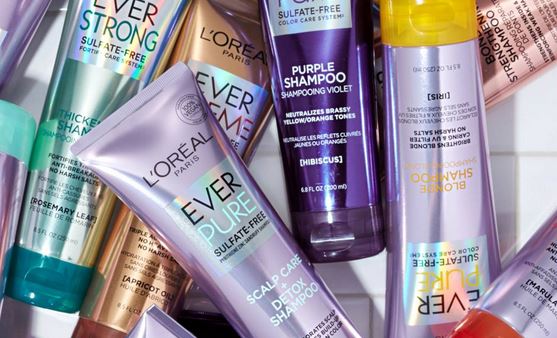 |
| The Benefits of Using Sulfate-Free Shampoos and Conditioners |
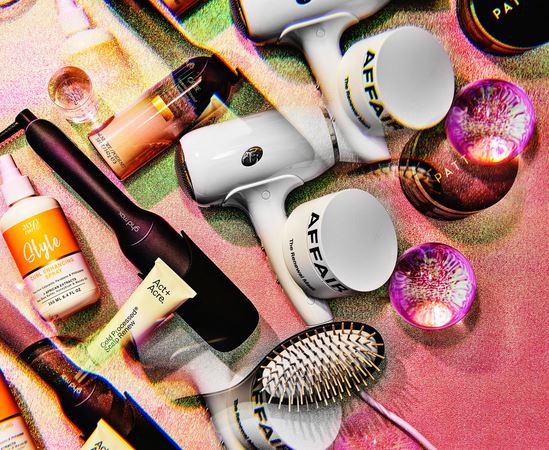 |
| The Best Hair Styling Products for Hold and Definition |
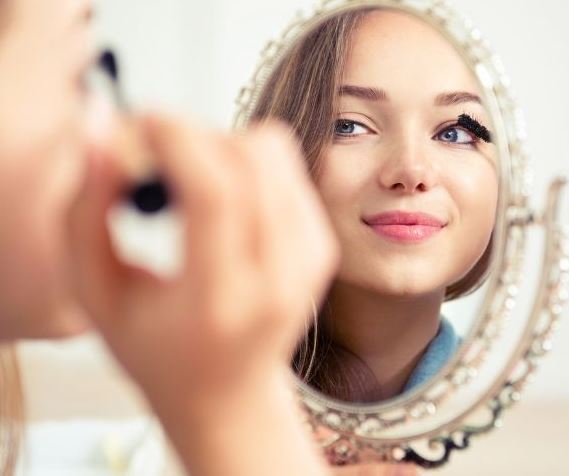 |
| The Secrets to Long-Lasting Makeup |
 |
| Exploring different fashion subcultures |
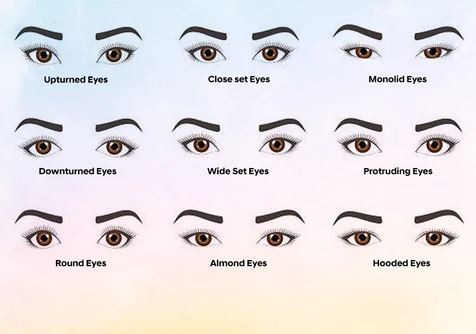 |
| Makeup for Different Eye Shapes |
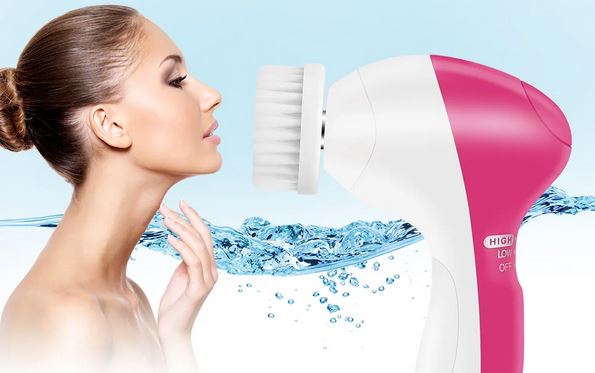 |
| How to choose Facial Cleansing Brushes |
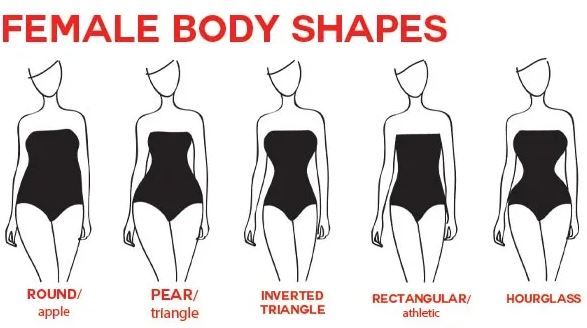 |
| How to Dress Fashionably for Different Body Shapes |
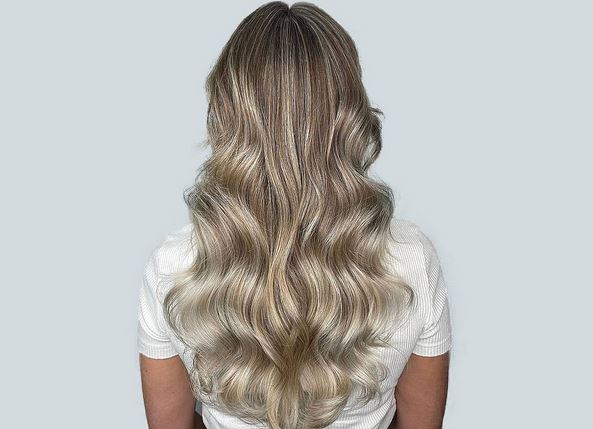 |
| Tips for Achieving and Maintaining Healthy Balayage Hair |
 |
| Iconic fashion moments in film and television |
